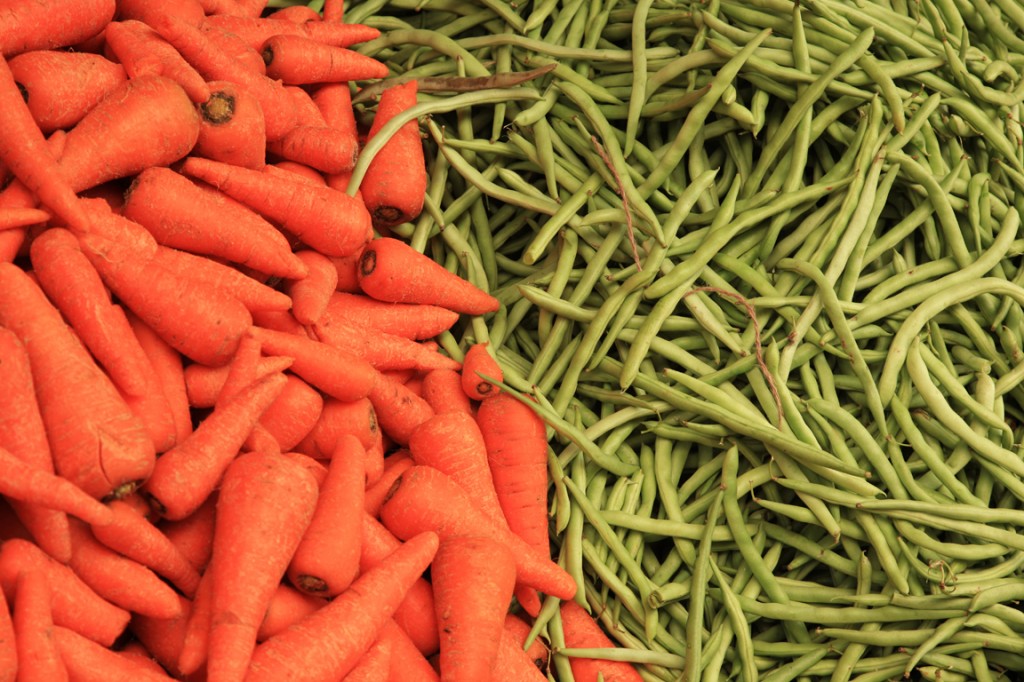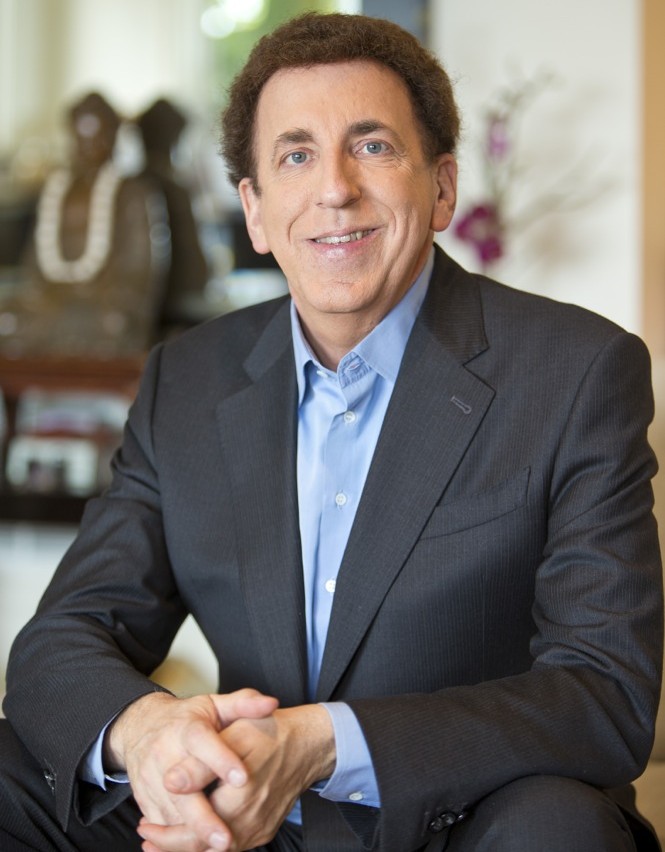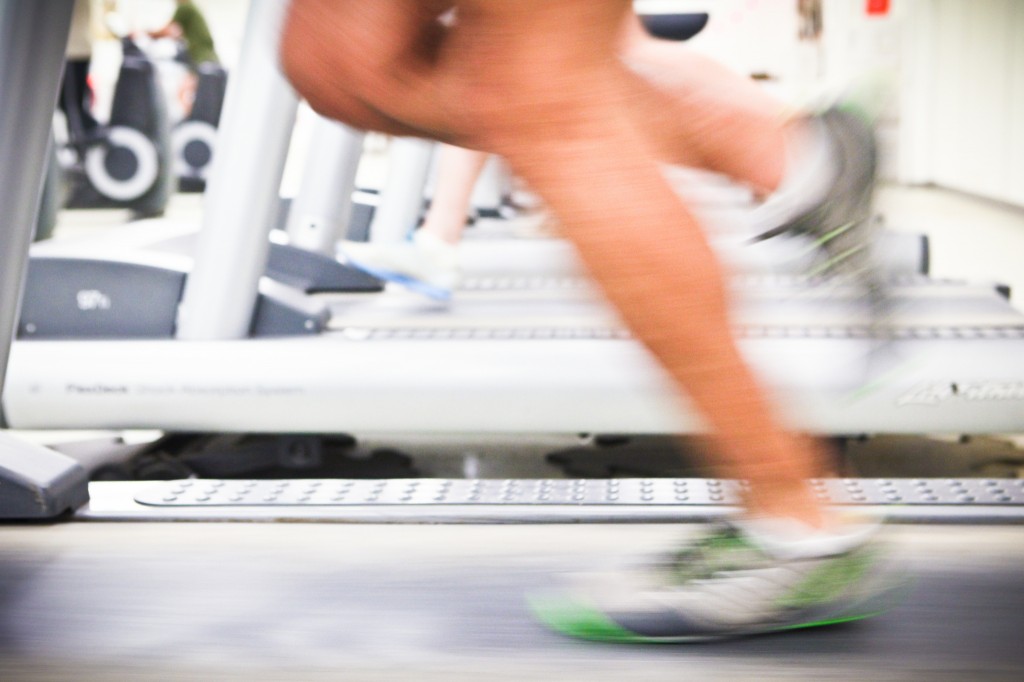
What Can I Do To Get My LDL Cholesterol Lower And The Ratio With HDL Cholesterol To Below 5:1?
Photo Credit: Vinoth Chandar, via Flickr Creative Commons
The best way to lower your LDL is to follow the four components of my program:
- a whole foods, plant-based diet
- moderate exercise
- stress management techniques, including yoga and meditation
- more love and support in your life
Not everything that raises HDL cholesterol is good, and not everything that lowers it is bad.
In our earlier research (published in JAMA in 1998), we found an average 40% reduction in LDL-cholesterol, without cholesterol-lowering drugs. Regarding HDL, the best way to raise it is by exercise. Not everything that raises HDL is good, and not everything that lowers it is bad.
I wrote for an article for Newsweek called The Garbage Trucks in Your Blood to better explain this fact, and the importance about diet and it’s relationship to heart disease.
There are a lot of misconceptions about HDL and LDL. Most people, including many physicians, believe that HDL is “good cholesterol,” and the higher it is, the better. LDL is often called “bad cholesterol.” HDL goooooooooooood, LDL baaaaaaaaaaaaaaaad. Like many things in life, the truth is not so simple.
Your body makes HDL to remove excessive cholesterol from your blood and tissues, a process known as “reverse cholesterol transport.” Think of HDL like the garbage trucks of your body. HDL transports cholesterol back to your liver, where it is metabolized and removed from your body. Your body’s ability to make more garbage trucks (raise your HDL) is, in part, genetically determined. Some people can make more garbage trucks than others. Most Americans eat a diet that’s relatively high in saturated fat and cholesterol—i.e., a lot of “garbage.”
Those people who have a lot of garbage trucks—in other words, who have high HDL levels—are more efficient at getting rid of extra fat and cholesterol in their diet. As a result, they have a lower risk of a heart attack or stroke than those who eat a high-fat, high-cholesterol diet who have lower HDL levels. However, the relationship of HDL to risk of heart disease and stroke assumes that people are not changing their diet.
Not everything that raises HDL is good for you. For example, if you increase the amount of fat and cholesterol in your diet (e.g., an Atkins diet), you may increase your HDL, because your body is trying to get rid of the extra “garbage” (fat and cholesterol) by increasing the number of available garbage trucks (HDL), if you are genetically able to do so. Eating a stick of butter will raise HDL in those who are able to do so, but that does not mean that butter is good for your heart. It isn’t.
See the full article here.
Dr. Ornish is here to provide guidance and support for anyone interested in leading a healthier lifestyle. Please share your question here.








